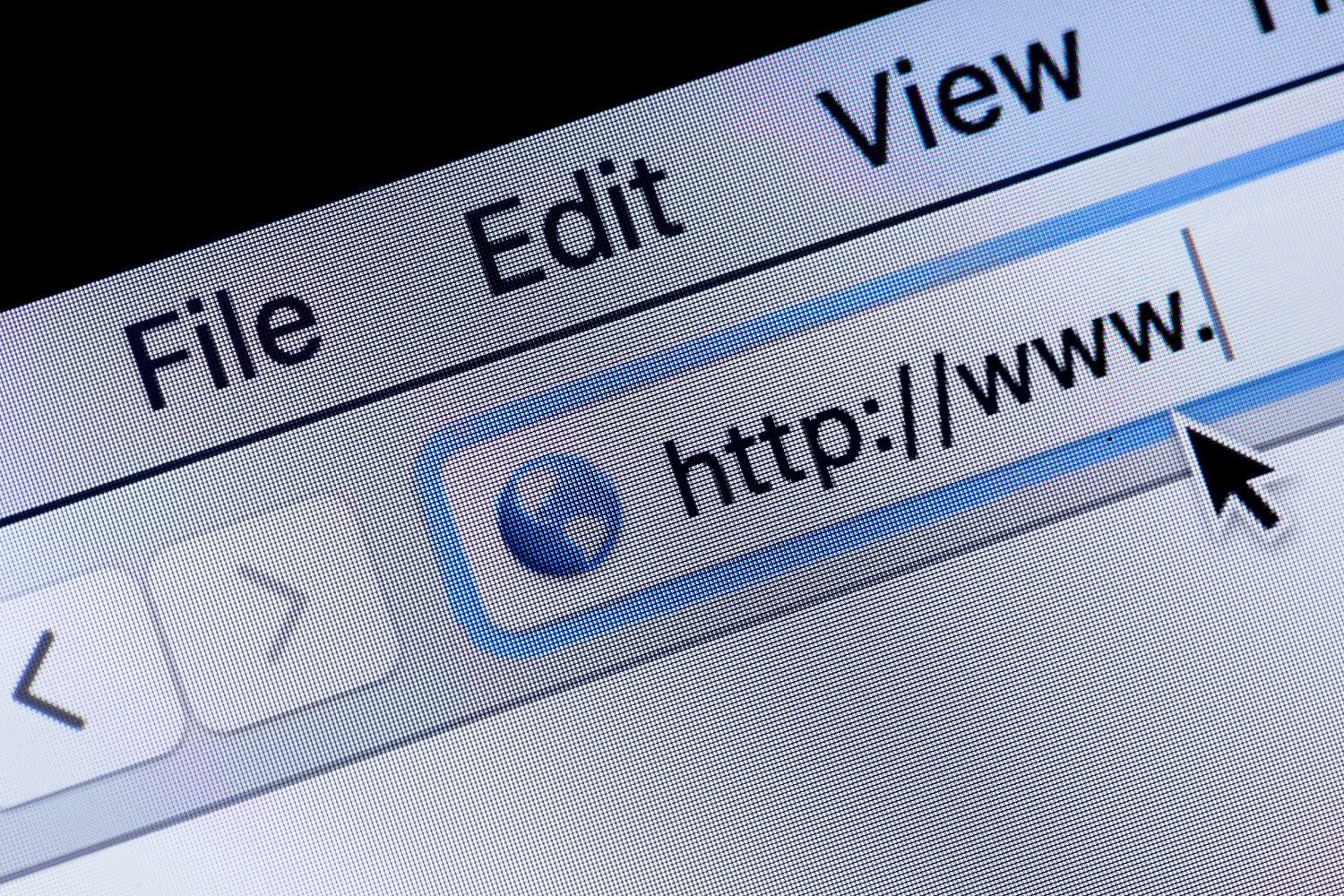Finding it hard to stay on top of your tasks and make the most of your day? With these 12 proven tips for time management, you’ll learn how to prioritize tasks, avoid distractions, and boost your productivity.
Key Takeaways
- Effective time management enhances productivity and reduces stress, empowering you to focus on meaningful tasks.
- Conducting a personal time audit helps identify distractions and improve daily task planning, leading to better productivity.
- Regularly review and adjust your time management strategies to ensure they remain effective and aligned with your goals.
Understand the Importance of Time Management

Time management involves planning specific activities and controlling the amount of time dedicated to them. This crucial skill enables individuals to work smarter, enhancing productivity and efficiency. Poor time management can lead to a lack of control and increased stress, often resulting in wasted time on trivial activities. Managing your time effectively opens up more opportunities for success and personal happiness.
Understanding that time is a valuable and limited resource is key to effective time management. Scheduling tasks in advance can reduce anxiety and provide a sense of control. Disorganization, on the other hand, can negatively impact productivity and efficiency. To manage your time effectively, planning ahead and prioritizing tasks that align with your goals is crucial. Here are some time management tips to help you succeed.
Successful time management leads to greater accomplishments and a more satisfying future. Focusing on important tasks while eliminating time wasters improves productivity and reduces stress levels. Effective time management is about doing the right things at the right time, not just doing more.
Conduct a Personal Time Audit
A personal time audit is a powerful strategy for identifying time wasters and areas for improvement. Start by assessing where you spend your time by tracking daily activities. This process clarifies actual time usage versus perceived, closing the intention/action gap and providing valuable insights.
Create a visual map of your activities and use automated time-tracking tools to avoid bias during a time audit. Analyzing this data helps identify distractions, peak productivity hours, and significant time drains.
Understanding your personal productivity patterns enables more effective daily task planning and minimizes distractions, ultimately improving time management skills.
Prioritize Your Tasks Effectively

Prioritizing tasks is crucial for effective time management. It involves differentiating between urgent and important tasks to focus on the right activities at the right time, including the most urgent tasks. Identifying priorities enhances productivity and confidence by focusing on tasks that truly matter.
The Eisenhower Matrix is an effective method for prioritizing tasks. It distinguishes between important, not important, urgent, and not urgent tasks, allowing more efficient time allocation. A prioritized to-do list helps focus on high-priority items and ensures urgent tasks are addressed first.
Linking daily specific tasks to broader goals ensures efforts are aligned with your objectives, making it easier to stay motivated and productive. The aim is to manage time effectively by focusing on tasks with the most significant impact on overall success.
Set Clear Goals and Objectives
Clear goals and objectives are essential for effective time management. The SMART method (Specific, Measurable, Achievable, Relevant, Timely) refines the goal-setting process. Defining specific objectives enhances task alignment and productivity, ensuring efforts are directed toward meaningful outcomes.
Regularly tracking progress against these goals reduces procrastination and improves productivity. Continuous review and adjustment keep goals relevant and achievable, especially as circumstances change. Clear goals provide a roadmap for daily activities, making it easier to accomplish tasks and achieve success.
Create a Structured Daily Schedule

A structured daily schedule is a powerful tool for effective time management. Creating a daily schedule helps stick to planned tasks and promotes success. Start by writing a to-do list every morning with achievable goals to stay organized and focused throughout the day.
Planners and calendars are highly recommended for retaining important tasks and appointments. Choose a planner that suits your workflow and use it consistently. Adjusting your schedule based on findings from your time audit enhances focus on priority tasks and minimizes distractions.
Spending the last five minutes of each day preparing for the next ensures important work is incorporated into your schedule. Experiment with different good time management techniques to find what works best for your routine, and consider using time management templates. End-of-day or week planning helps stay on track and achieve goals.
Use Time Management Tools
Time management tools are vital for keeping track of tasks and priorities. Planning tools can significantly enhance organizational skills by transforming disorganization into manageable tasks. For instance, Todoist Pro is recognized for its features that facilitate task organization and productivity enhancement.
Many time management tools integrate with other applications like Google Calendar and email platforms, making schedule management easier. These tools often allow users to create and customize templates for various tasks, adding efficiency to planning. Security and privacy features are crucial to protect user data.
Technology aids in automating repetitive tasks, enhancing efficiency and saving time. Smartwatch integration, for instance, allows users to manage tasks and receive reminders without accessing their phones. Using the right time management tools improves productivity, minimizes wasted time, and keeps you on top of daily tasks.
Implement Time Blocking Techniques
Time blocking is a highly effective time management strategy that organizes the day into specific segments, each assigned to a particular task. This method enhances productivity by allowing focus on one task at a time without distractions, boosting confidence and reducing mental overload.
Methods like task batching, day theming, and time boxing can enhance time blocking’s effectiveness. Task batching groups similar tasks to mitigate the cognitive burden of task switching. Day theming assigns specific themes to each day, allowing concentrated focus on a particular type of work.
Time boxing sets a fixed duration to complete a task, encouraging efficient work within that timeframe. Regularly reviewing and adjusting your time blocks can align your schedule with changing priorities and improve overall productivity.
Apply the Pomodoro Method

The Pomodoro Method, developed by Francesco Cirillo, involves timed intervals of 25 minutes for focused work followed by 5-minute breaks. This technique, also known as the Tomato Timer Technique, enhances focus and productivity by designating specific time slots exclusively for tasks.
The Pomodoro Method can significantly improve time awareness and help identify productivity patterns. Several apps, such as Pomodor and Focus Keeper, are available to implement this technique effectively.
Incorporating the Pomodoro Method into your daily routine helps manage time more effectively, stay motivated, and accomplish tasks with greater efficiency.
Minimize Distractions

Minimizing distractions is crucial for maintaining focus and improving productivity. Putting your phone on silent and limiting notifications enhances concentration on important tasks. Scheduling specific times to check emails avoids constant interruptions, allowing focus on one task at a time.
Several tools and strategies help minimize distractions. Apps like Freedom block distracting websites and applications across all devices. The Do Not Disturb feature temporarily disables notifications during focus time. The StayFocused browser extension prevents access to time-wasting websites, and the Forest app motivates users to stay off their phones by allowing them to ‘grow trees’ as they focus on tasks.
An organized workspace plays a vital role in minimizing distractions. A cluttered desk can influence mental health clutter, making it hard to focus and complete tasks effectively. Keeping your workspace tidy and free from unnecessary papers improves focus and reduces stress. Establishing good habits and routines helps stay motivated and productive throughout the day.
Delegate and Outsource Tasks
Delegating and outsourcing tasks are effective ways to effectively manage time more efficiently. Delegation allows leaders to concentrate on core responsibilities while empowering team members to take ownership of tasks. Sharing the workload through delegation reduces stress and prevents burnout.
To delegate effectively, identify non-essential tasks that can be handled by others, allowing focus on higher-priority activities. Establish clear expectations and provide detailed instructions for successful task delegation. Building a reliable network of freelancers aids in quick delegation to trusted individuals.
Outsourcing specialized tasks, like graphic design, can lead to better quality outcomes compared to handling them in-house. Delegating and outsourcing tasks improve productivity and allow focus on what truly matters.
Take Regular Breaks
Regular breaks are essential for maintaining productivity and focus over extended work periods. Breaks enhance overall well-being and job performance. Despite their effectiveness, breaks are often underutilized. Incorporating breaks into your schedule is vital for recharging your mind and improving performance.
Effective break strategies, like those in the Pomodoro Technique, help prevent burnout and maintain mental clarity. Taking breaks between tasks helps maintain focus and motivation, leading to higher productivity levels. Making regular breaks a part of your routine helps manage time more effectively and stay motivated.
Review and Adjust Your Strategies
Regular evaluation of your time management strategies is crucial for adapting to new challenges and priorities. Evaluating how time is allocated helps improve prioritization and overall management. If current strategies aren’t effective, reevaluate them based on what works and what doesn’t.
After one month of using new time management methods, reassess their effectiveness and make necessary adjustments. Personal reflections on time management effectiveness enhance your ability to improve and adapt.
Regularly reviewing and adjusting your strategies helps stay focused, plan ahead, and achieve greater satisfaction and accomplishments.
Summary
In summary, effective time management is a powerful tool that can drastically improve productivity and reduce stress. By understanding the importance of time management, conducting personal time audits, prioritizing tasks effectively, setting clear goals, and creating structured daily schedules, you can take control of your time and achieve your objectives. Utilizing time management tools, implementing time blocking techniques, applying the Pomodoro Method, and minimizing distractions are all strategies that can help you stay focused and productive.
Additionally, delegating and outsourcing tasks, taking regular breaks, and regularly reviewing and adjusting your strategies are essential practices for maintaining a balanced and efficient workflow. Remember, the goal is not just to do more, but to do more of what truly matters. By implementing these time management tips, you can work smarter, not harder, and make the most of every minute.
Frequently Asked Questions
The first step in effective time management is to conduct a personal time audit, helping you recognize time-wasters and focus on areas for improvement. Embrace this opportunity to take control of your time and boost your productivity!
To prioritize your tasks effectively, utilize the Eisenhower Matrix to separate urgent tasks from important ones. This method will help you focus on what truly matters, leading to greater productivity!
The Pomodoro Method boosts your focus and productivity by breaking work into 25-minute intervals followed by 5-minute breaks. By using this technique, you can tackle tasks more effectively and maintain sustained concentration.
To minimize distractions while working, silence your phone, use tools like Freedom to block distracting websites, and keep your workspace organized. By taking these steps, you’ll enhance your focus and productivity!
Taking regular breaks is crucial for boosting your productivity and preventing burnout. By stepping away periodically, you’ll enhance your focus and overall well-being!










